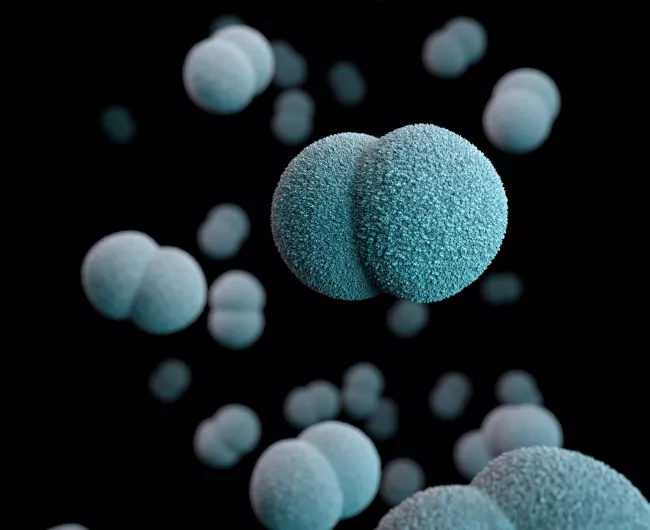
Dihydropyrimidine dehydrogenase (DPD)


What is a DPD biomarker?
Our bodies have a gene that produces the dihydropyrimidine dehydrogenase enzyme, which helps break down certain medications in the liver.
If there is mutation in the gene, your body will not produce enough of the dihydropyrimidine dehydrogenase enzyme. This condition is called dihydropyrimidine dehydrogenase deficiency (DPD).
Having DPD can cause fluorouracil-based chemotherapy drugs (which are commonly used in colon cancer treatment) to build up in your body and cause severely toxic reactions.
Note: It has been shown that pretreatment genetic testing for DPD may reveal a need to reduce fluoropyrimidine-based treatments (fluorouracil [FU], capecitabine, and other analogs) to avoid potential lethal toxicities.

Who should have DPD testing?
DPD mutations, causing DPD deficiency, occur in 3-7% of the population. While most people have normal DPD activity, mutations causing less DPD activity can decrease the breakdown of 5-Fluorouracil (5-FU) resulting in toxic side effects. Therefore, DPD testing is recommended for all patients before starting treatment with fluoropyrimidine-based chemotherapy drugs (5-FU or capecitabine (Xeloda™)) unless immediate treatment is necessary. The FDA has issued a Black Box label on capecitabine, and this warning also applies to 5-FU (NCCN Guidelines version 5.2025 Colon Cancer). Physicians should inform patients of the potential for serious and life-threatening adverse reactions due to DPD deficiency. Your physician should also order the DPD biomarker test if prescribing a fluoropyrimidine-based chemotherapy before treatment initiation.

What are the symptoms of low levels of DPD?
If you are experiencing side effects such as uncontrollable nausea, vomiting, or diarrhea, very low blood counts, high fevers, or extreme weakness during treatment with fluorouracil-based chemotherapy drugs, contact your doctor immediately.
Other biomarkers
HER2 / ERBB2 BiomarkerTop resources

Bringing biomarker testing within reach: CLEAR for CRC to empower patients from day one
Biomarker testing can guide colorectal cancer treatment and improve outcomes. Learn how CLEAR for CRC is helping patients access this critical tool.

John E.: Biomarker testing uncovered a pivotal treatment option
After a grim prognosis, biomarker testing revealed a targeted treatment option for John E. Learn how knowing your biomarkers can change what’s possible.

2025 ASCO update: Six big studies
The 2025 ASCO Annual Meeting featured several important studies that could change how colorectal cancer is treated, including a pivotal study for BRAF V600E patients.





